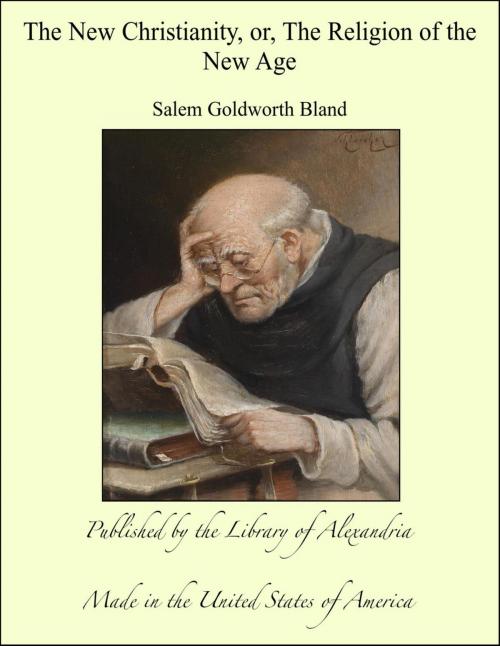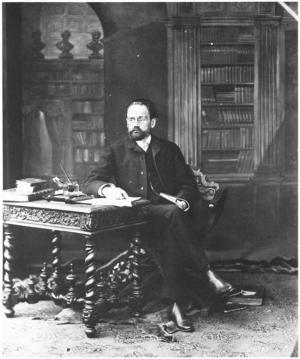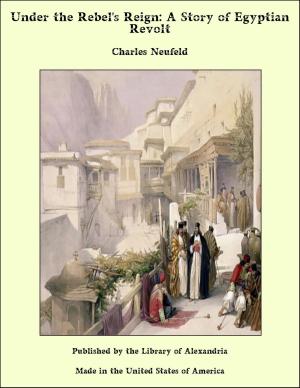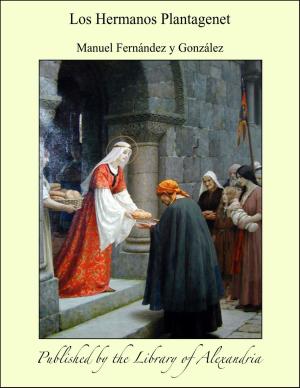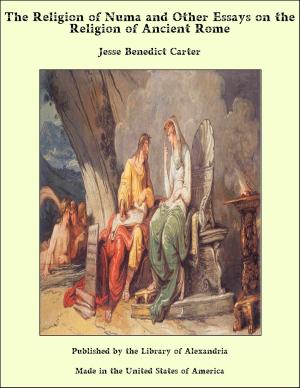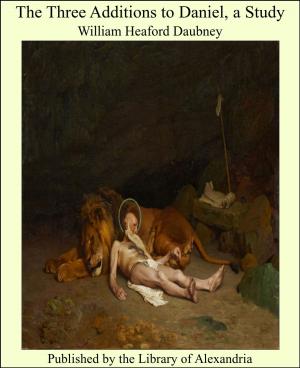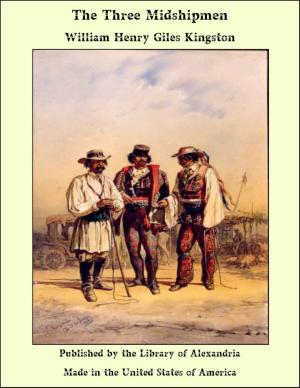The New Christianity, or, The Religion of the New Age
Nonfiction, Religion & Spirituality, New Age, History, Fiction & Literature| Author: | Salem Goldworth Bland | ISBN: | 9781465574022 |
| Publisher: | Library of Alexandria | Publication: | March 8, 2015 |
| Imprint: | Language: | English |
| Author: | Salem Goldworth Bland |
| ISBN: | 9781465574022 |
| Publisher: | Library of Alexandria |
| Publication: | March 8, 2015 |
| Imprint: | |
| Language: | English |
This little book is only a sketch. Some suggestions of the kind that is too exclusively regarded as practical, I hope, may be found in it. On the whole, its aim is, as from Mt. Nebo, to give a vision of the Promised Land. It does not attempt to minutely describe the roads leading thither. But then, probably, it is not given to any one as yet to map out very precisely the journey before us, for we "have not passed this way heretofore." It is my hope that these ideas which have gradually grown clear to me may help to increase the number of those who are willing fearlessly and resolutely to set out to find a way that may, after all, not prove so hard to find as it has sometimes seemed. The possible reproach of idealism is one to which Christianity itself lies too open to be feared. I have tried to write impersonally. May I, then, here gratify myself by confessing how dear to me and how strong is the faith that my convictions and my hopes are shared by multitudes of my fellow-Canadians? I have lived in many parts of Canada. I have tried to understand the Canadian temper. Canada, I believe, has not yet found herself. The strain of the war has revealed her weaknesses,--thoughtlessness, irresponsibility, divisive prejudice, worst of all, selfishness, sometimes in the extreme. But it has revealed, too, high devotion, quiet, unostentatious self-sacrifice, rare energy and resourcefulness. There is in every nation a Jekyll and a Hyde, but not in every nation to-day is the struggle between the two so keen or the possibilities of its settlement so dramatic. The turn that our church life, our business life, our public life, may take in the next few years--which, indeed, I think, it is already taking--may be decisive and glorious. Canada has the faults of youth but also its energy, its courage, and its idealism. I believe it is possible that she may be the first to find the new social order and the new Christianity, and so become a pathfinder for the nations.
This little book is only a sketch. Some suggestions of the kind that is too exclusively regarded as practical, I hope, may be found in it. On the whole, its aim is, as from Mt. Nebo, to give a vision of the Promised Land. It does not attempt to minutely describe the roads leading thither. But then, probably, it is not given to any one as yet to map out very precisely the journey before us, for we "have not passed this way heretofore." It is my hope that these ideas which have gradually grown clear to me may help to increase the number of those who are willing fearlessly and resolutely to set out to find a way that may, after all, not prove so hard to find as it has sometimes seemed. The possible reproach of idealism is one to which Christianity itself lies too open to be feared. I have tried to write impersonally. May I, then, here gratify myself by confessing how dear to me and how strong is the faith that my convictions and my hopes are shared by multitudes of my fellow-Canadians? I have lived in many parts of Canada. I have tried to understand the Canadian temper. Canada, I believe, has not yet found herself. The strain of the war has revealed her weaknesses,--thoughtlessness, irresponsibility, divisive prejudice, worst of all, selfishness, sometimes in the extreme. But it has revealed, too, high devotion, quiet, unostentatious self-sacrifice, rare energy and resourcefulness. There is in every nation a Jekyll and a Hyde, but not in every nation to-day is the struggle between the two so keen or the possibilities of its settlement so dramatic. The turn that our church life, our business life, our public life, may take in the next few years--which, indeed, I think, it is already taking--may be decisive and glorious. Canada has the faults of youth but also its energy, its courage, and its idealism. I believe it is possible that she may be the first to find the new social order and the new Christianity, and so become a pathfinder for the nations.
